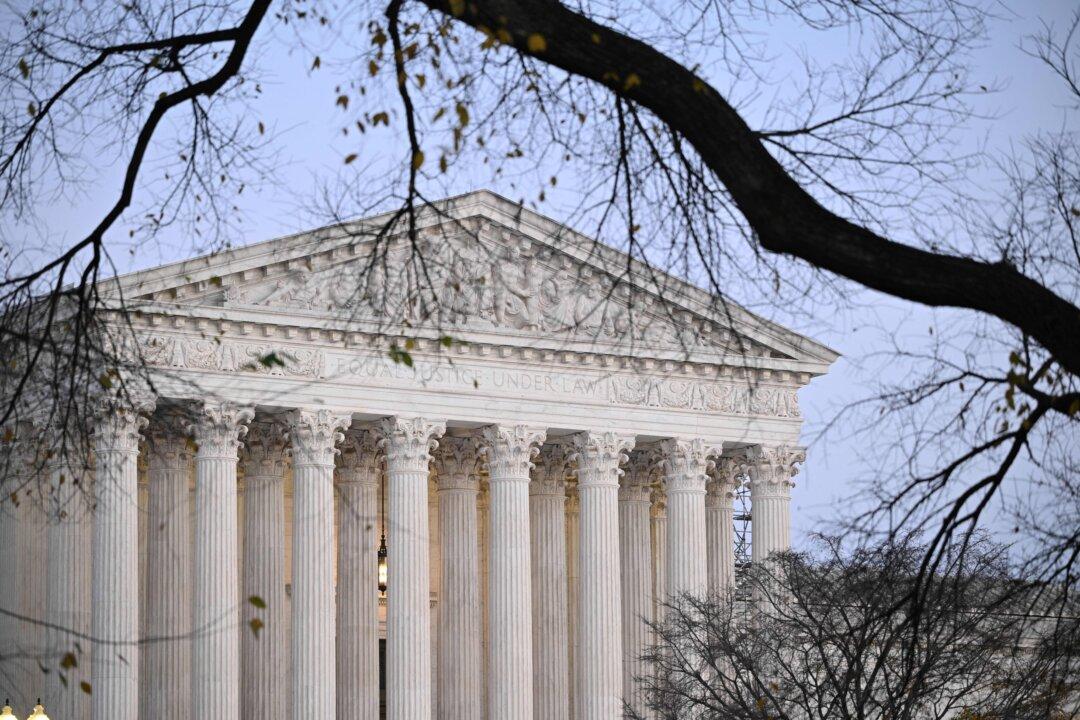The Supreme Court will consider a dispute about whether life insurance payouts should be deemed to be corporate assets in calculating federal income taxes payable on a deceased person’s estate.
The court granted the petition for certiorari (pdf), or review, in Connelly v. Internal Revenue Service, in an unsigned order on Dec. 13. No justices dissented. The court did not explain its decision. At least four of the nine justices have to vote in favor of the petition for it to advance to the oral argument stage.





